
Menopause Mavericks: Mastering Self-Care for a Vibrant Life
WELCOME TO THE MENOPAUSE IT’S YOUR LUCKY TIME OF LIFE
Welcome to the wild and wonderful world of menopause! Grab your sense of humor and buckle up because we’re about to embark on a journey that’s anything but ordinary. Menopause, that inevitable transition in a woman’s life, brings along its fair share of surprises, challenges, and of course, a few laughs along the way.
In this blog, we’re going to dive headfirst into the fascinating realm of menopause while keeping things friendly, relatable, and yes, even humorous. Because let’s face it, when it comes to navigating hot flashes and mood swings, a good chuckle can be the perfect antidote.
I will be covering a range of topics to help you conquer the menopausal madness with confidence. From unruly hormones to those pesky night sweats, we’ll shed light on the mysterious symptoms that seem to come out of nowhere and leave us scratching our heads. But fear not, we’re in this together, and we’ll explore practical tips and tricks to make this wild ride a bit smoother.
And if you really want to meet some menopausal humor in real life..
Check this out
“Menopause The Musical”
delving into the menopause rollercoaster
While menopause might have its fair share of challenges, it also presents an opportunity for self-discovery and growth. We’ll delve into lifestyle modifications, self-care rituals, and healthy habits that can bring a sense of balance and renewed well-being during this transformative phase. Trust me, finding that delicate equilibrium can be as rewarding as it is hilarious.
Emotional well-being is another key aspect we’ll explore because let’s be real, menopause can unleash a rollercoaster of emotions that could rival any Hollywood drama. We’ll discuss mood swings, anxiety, and their impact on mental health, all while sprinkling in a healthy dose of understanding and empathy.
So, whether you’re searching for a shoulder to lean on, some practical advice, or just a good laugh to brighten your day, this blog is here to accompany you every step of the way. Let’s debunk myths, share experiences, and create a supportive community where we can tackle menopause head-on while embracing our inner comedians.
Together, we’ll navigate the twists and turns, armed with knowledge, a friendly community, and a shared sense of humor. Let’s make menopause not just bearable, but a fabulous adventure filled with laughter, growth, and newfound strength. Get ready to unleash the power of menopause like never before!
Remember, laughter is the best medicine, especially when paired with a dash of wisdom and camaraderie. Let’s dive into the joyous chaos of menopause and emerge on the other side, wiser, happier, and ready to conquer the world!
THE BURNING QUESTION – WHEN AND WHAT
The burning question every woman wants to know. The more we know the more prepared right? Of course and with a bit of luck the more information we can get our hands on and understand, the more we can understand our own bodies and tackle each symptom as it arrives. Well, that’s the idea and plan we all would love to have.
WHAT IS MENOPAUSE AND WHEN DO I MEET MY MENO FRIEND
Menopause is a natural biological process that marks the end of a woman’s reproductive years. It is defined as the permanent cessation of menstrual periods and is typically diagnosed after 12 consecutive months without a menstrual period. During menopause, the ovaries gradually produce fewer hormones, particularly estrogen and progesterone, leading to a range of physical and emotional changes.
The average age of onset for menopause is around 51 years old, but it can occur anywhere between the late 40s and early 50s. However, some women may experience menopause earlier or later, which can be influenced by various factors such as genetics, lifestyle, and certain medical conditions.
Menopause is generally divided into three stages:
- PERIMENOPAUSE: This stage precedes menopause and can start several years before a woman’s final menstrual period. During perimenopause, hormone levels start to fluctuate, leading to irregular periods and the onset of menopausal symptoms. This stage can last anywhere from a few months to several years.
- MENOPAUSE: Menopause is officially reached when a woman has not had a menstrual period for 12 consecutive months. At this point, the ovaries have stopped releasing eggs and hormone production decreases significantly.
- POSTMENOPUAUSE: Postmenopause begins one year after the final menstrual period and continues for the rest of a woman’s life. During this stage, menopausal symptoms may gradually diminish, although some symptoms can persist.
MENOPAUSE SYMPTOMS
Aaaaahhhh the symptoms oh yes the symptoms, we must start with the symptoms. Let’s face it, does menopause not present more symptoms than we can even list or think about? Let us start with just 20, I think 20 is enough to understand that “yep this is it”. Feel free to start a discussion at the end of the blog about your own personal experiences and symptoms. Let’s compare and share.
I must admit, I have been extremely lucky to not have experienced extremely severe symptoms. I put this down to a few life and health changes I have made over time. I will delve into this a little bit later.
TOP 20 SYMPTOMS OF MENOPAUSE
- Hot flashes: Suddenly feeling like you’re auditioning for a fire-breathing dragon role. Or, Suddenly feeling like you’re auditioning for a role in a tropical rainforest? Hot flashes are nature’s way of giving you a taste of both the Sahara and the Arctic, all in the span of a few seconds.
- Night sweats: Giving your bed a daily baptism with your overzealous perspiration. Forget running marathons—our nocturnal adventures involve epic battles with the duvet, as we wake up drenched, feeling like we’ve just conquered a triathlon in our sleep.
- Mood swings: Becoming a walking emotional rollercoaster, with unexpected twists and turns at every corner. Imagine being a superhero with the ability to switch emotions faster than a speeding bullet. From happy to sad to irritated, all in the span of a commercial break. Cue the dramatic music!
- Sleep disturbances: Saying “goodbye” to restful nights and “hello” to staring contests with the ceiling. Ah, the joys of counting sheep while pondering the mysteries of the universe at 3 AM. Insomnia and menopause go together like mismatched socks, leaving us tired but equipped with the knowledge of every conspiracy theory ever conceived.
- Fatigue: Feeling like a deflated balloon, with energy levels that seem to have taken an extended vacation.
- Weight gain: Discovering that your metabolism has joined forces with gravity to play a cruel joke on your waistline.
- Low libido: Going from “50 Shades of Grey” to “50 Shades of Meh” in the blink of an eye. Let’s be honest, our desire for romance can sometimes feel like it’s gone on an extended vacation to a remote island with no cell service. But fret not, lovebirds, for the flame, shall reignite, even if it takes a bit of creative imagination and a little help from our favorite romantic novels (hubba hubba!).
- Vaginal dryness: Turning your once-luscious garden into a Sahara desert, complete with tumbleweeds. Ah, the Sahara Desert has nothing on our Sahara of the South. But fear not, for the kingdom of lubricants and moisturizers shall rise, ensuring comfort and joy in the land down under.
- Irregular periods: Playing a never-ending game of hide-and-seek with Aunt Flo, leaving you in a perpetual state of period paranoia.
- Brain fog: Watching in amusement as your thoughts evaporate faster than a popsicle on a summer day.
- Memory lapses: Becoming a master of surprise parties, except you’re the only one who’s surprised when you forget important things. We’re like magicians, making memories disappear faster than you can say “Abracadabra.” But hey, it just means we get to enjoy life’s surprises over and over again. Isn’t that exciting?
- Joint and muscle pain: Feeling like you’ve traded your body for an aging piece of machinery that creaks and protests with every move.
- Dry skin: Turning into a human chalkboard, where moisturizer is your trusty eraser. Drink water they say, drink, drink, drink.. oh and then there’s the 3am, 4am bathroom break to top if off.
- Hair changes: Embracing your inner chameleon as your locks go through an identity crisis of color, thickness, and texture. It’s like having a rebellious teenager on your head, as strands turn gray, thin out, or suddenly sprout in places they shouldn’t. Time to rock that new hairstyle and embrace the fabulousness of a silver fox!
- Brittle nails: Perfecting the art of accidental self-scratching, as your once-strong talons become as fragile as glass.
- Anxiety: Becoming a worrier extraordinaire, overthinking even the tiniest of details, and mastering the art of imagining worst-case scenarios. Two people in our brains fighting each other – chill out, no, chill out, oh no, CHILL OUT!
- Depression: Finding yourself singing the blues more often than a sad karaoke enthusiast. One day up one day down, one day hilariously up, and the other drastically down.
- Headaches: Hosting a personal drumming session in your skull, just to keep things interesting. And boy you better not have that sip tiny sip of alcohol you will suffer.
- Urinary changes: Embarking on a journey of unexpected bathroom breaks, making you the MVP of the “Finding the Nearest Restroom” game. Joys of the 3am internal door bell – here we go again and maybe 4, 5am.
- Changes in body odor: Transforming into a mysterious scent mixologist, where perfume, deodorant, and showers become your best friends. Surely someone else in Walmart is slaying that smell…
Remember, while menopause symptoms can be challenging, maintaining a sense of humor can help lighten the load. Embrace the quirks, share a laugh with fellow menopausal comrades, and remember that this too shall pass.
When does menopause stop – what are the symptoms?
The transition from menopause to post menopause can be a gradual process that varies for each individual. Post-menopause is generally defined as the period of time that follows menopause, typically starting one year after a woman’s final menstrual period. Here are some signs that indicate you have entered the postmenopausal phase:
- Absence of menstrual periods: The most significant indication is the cessation of menstrual cycles for at least 12 consecutive months. This is a clear sign that you have completed the menopausal transition.
- Stabilization of menopausal symptoms: Menopausal symptoms, such as hot flashes, night sweats, and mood swings, tend to become less frequent and intense as you move into the postmenopausal stage. You may still experience occasional symptoms, but they generally diminish over time.
- Hormonal changes: Post menopause is characterized by low estrogen and progesterone levels, as these hormone levels remain consistently low after menopause. This hormonal shift contributes to changes in the body and can have long-term effects on various aspects of health.
- Bone density changes: Post menopause is associated with an increased risk of bone loss and osteoporosis. It’s essential to monitor bone health and discuss preventive measures with your healthcare provider.
- Changes in vaginal health: Without the protective effects of estrogen, the vaginal tissues may become thinner, drier, and less elastic. This can lead to symptoms such as vaginal dryness, discomfort during intercourse, and an increased risk of urinary tract infections.
- Long-term health considerations: Postmenopause is a time when certain health risks become more relevant. These include an increased risk of cardiovascular disease, weight gain, metabolic changes, and potential changes in breast health.
It’s important to note that while the symptoms of menopause may diminish over time, some health considerations and challenges may arise during postmenopause. Regular check-ups, discussions with your healthcare provider, and maintaining a healthy lifestyle can help manage and address any potential concerns.
Emotionally and psychologically, post-menopause can also bring a sense of liberation and newfound freedom. Many women experience a renewed focus on self-care, personal growth, and embracing this new chapter of life with confidence and wisdom.
Remember, the postmenopausal phase can span many years, and each person’s experience is unique. It’s essential to listen to your body, seek medical guidance when needed, and adapt your self-care routines to support your overall well-being during this phase of life.
HOW DO WE COMBAT THE SYMPTOMS OF MENOPAUSE
Remember, dear warriors, the key to combating menopausal symptoms is finding what works best for you. Every superhero has a unique arsenal of tools, so don’t hesitate to mix and match strategies until you discover your perfect formula. I have discovered mine over a series of months if not years and now feeling the benefits of the slow changes i made over time.
So, gather your wit, humor, and a few trusty remedies as we march forward on this menopausal adventure. Embrace the journey, share a laugh, and remember that you are not alone. Together, we shall conquer the menopausal mayhem with a twinkle in our eyes and a chuckle in our hearts.
MENOPAUSE MAKEOVER – LIFESTYLE TWEAKS FOR A SMOOTH TRANSITION
Small changes can make a huge difference whilst on the menopausal treadmill. For myself, I introduced juicing into my everyday life. I found that juicing with turmeric and ginger with whatever added fruit or vegetable mix I had helped me hugely with almost every symptom. I also joined a gym and am feeling and seeing the benefits, Here are just a few more suggestions which may help the meno friend become an easier friend to deal with.
- Regular Exercise: Engaging in regular physical activity can have numerous benefits during menopause. Exercise helps manage weight, improve mood, reduce hot flashes, promote better sleep, and support overall cardiovascular health. Aim for at least 150 minutes of moderate-intensity aerobic activity per week, along with strength training exercises.
- Healthy Eating Habits: Adopting a nutritious diet can positively impact menopausal symptoms and overall well-being. Focus on a balanced diet rich in fruits, vegetables, whole grains, lean proteins, and healthy fats. Include foods high in calcium and vitamin D to support bone health. Limit processed foods, sugar, caffeine, and alcohol, as they can exacerbate certain symptoms. And remember juicing. If you are a stickler for not eating fresh fruit and veg – juice them, it’s quick, easy, and beneficial.
- Stress Management Techniques: Chronic stress can intensify menopausal symptoms. Explore stress management techniques such as mindfulness meditation, deep breathing exercises, yoga, or engaging in hobbies that bring joy and relaxation. Prioritize self-care activities that help you unwind and recharge.
- Prioritize Sleep: Quality sleep is essential for managing menopausal symptoms. Establish a consistent sleep routine, create a sleep-friendly environment, limit electronic device use before bed, and practice relaxation techniques to improve sleep quality. If night sweats disrupt your sleep, consider moisture-wicking sleepwear and bedding.
- Social Support and Self-Care: Surrounding yourself with a supportive network of friends, family, or support groups can make a significant difference during the menopausal transition. Share experiences, seek advice, and find comfort in knowing that you’re not alone. Prioritize self-care activities that bring joy, whether it’s reading, spending time in nature, taking baths, or pursuing creative outlets.
Remember, everyone’s menopausal journey is unique, so it’s important to listen to your body and find what works best for you. It may be helpful to consult with a healthcare professional or a menopause specialist who can provide personalized recommendations based on your specific needs and circumstances.

Plate of Power: Nourishing Your Way Through Menopause
20 Power-Packed foods that can nourish and support you through menopause:- All of the below I have slowly incorporated into my weekly diet. Sure, some times I lack and it’s those times I see a huge difference. Trust me the slow change is well worth the rewards.
- Flaxseeds: Rich in omega-3 fatty acids and lignans, flaxseeds can help balance hormone levels and reduce hot flashes.
- Soy: Foods like tofu, tempeh, and edamame contain isoflavones, which have estrogen-like effects and may alleviate menopausal symptoms.
- Leafy Greens: Spinach, kale, and Swiss chard are packed with vitamins, minerals, and antioxidants that support bone health and reduce inflammation.
- Fatty Fish: Salmon, mackerel, and sardines are excellent sources of omega-3 fatty acids, which can help reduce inflammation and support heart health.
- Greek Yogurt: High in calcium and probiotics, Greek yogurt promotes bone health and supports gut health during menopause.
- Berries: Blueberries, strawberries, and raspberries are rich in antioxidants, which help combat oxidative stress and support overall health.
- Nuts: Almonds, walnuts, and pistachios provide healthy fats, fiber, and minerals that support heart health and brain function.
- Whole Grains: Quinoa, brown rice, and oats are fiber-rich options that can help manage weight, support digestion, and stabilize blood sugar levels.
- Avocado: Packed with healthy fats, avocados provide satiety, support brain health, and help maintain hormonal balance.
- Cruciferous Vegetables: Broccoli, cauliflower, and Brussels sprouts contain compounds that support liver detoxification and hormonal balance.
- Legumes: Beans, lentils, and chickpeas are excellent sources of plant-based protein, fiber, and phytoestrogens.
- Pumpkin Seeds: These seeds are rich in magnesium, zinc, and omega-3 fatty acids, which can help manage menopause symptoms.
- Citrus Fruits: Oranges, lemons, and grapefruits are high in vitamin C and bioflavonoids, which support collagen production and immune health.
- Dark Chocolate: A square of dark chocolate (70% cocoa or higher) can provide a mood-boosting effect and antioxidants.
- Turmeric: This spice contains curcumin, which has anti-inflammatory properties and may help relieve joint pain and inflammation. Add Ginger to this mix and wow the boost is incredible.
- Green Tea: Rich in antioxidants, green tea can support heart health, boost metabolism, and provide a calming effect.
- Edamame: These young soybeans are packed with protein, fiber, and isoflavones, which can help alleviate menopausal symptoms.
- Sweet Potatoes: Loaded with vitamins A and C, sweet potatoes support immune function and promote healthy skin.
- Tomatoes: Tomatoes are a great source of lycopene, an antioxidant that may reduce the risk of heart disease and support bone health.
- Watermelon: Hydrating and refreshing, watermelon contains lycopene and electrolytes, supporting hydration and overall health.
Incorporating these nutritious foods into your diet can help provide the essential nutrients your body needs during the menopausal transition. Remember to consult with a healthcare professional or registered dietitian for personalized dietary recommendations based on your specific health needs.
Zen Mode: Unlocking the Secrets of Relaxation in Menopause
Top 10 Relaxing Techniques to help you unwind during Menopause.
- Practice Deep Breathing: Take slow, deep breaths, inhaling through your nose and exhaling through your mouth. Deep breathing can help calm the nervous system and reduce stress.
- Mindfulness Meditation: Set aside a few minutes each day to practice mindfulness meditation. Focus your attention on the present moment, observing your thoughts and sensations without judgment.
- Progressive Muscle Relaxation: Start from your toes and work your way up, tensing and then relaxing each muscle group in your body. This technique can help release physical tension and promote relaxation.
- Guided Imagery: Listen to or visualize calming scenes or scenarios, such as a peaceful beach or a serene garden. Guided imagery can help transport your mind to a tranquil state and reduce anxiety.
- Yoga or Tai Chi: Engage in gentle yoga or tai chi practices, which combine movement, breathwork, and mindfulness. These practices can enhance flexibility, promote relaxation, and improve overall well-being.
- Aromatherapy: Experiment with soothing essential oils such as lavender, chamomile, or ylang-ylang. Use them in a diffuser, add them to your bath, or apply them topically for a calming effect.
- Disconnect from Technology: Set aside dedicated technology-free time each day. Unplugging from devices and screens can help reduce mental clutter and create space for relaxation.
- Take Nature Walks: Spend time in nature, whether it’s a nearby park or a hiking trail. Walking in nature can help clear your mind, reduce stress, and promote a sense of calm and connection.
- Warm Baths: Take warm baths infused with Epsom salts, essential oils, or bath bombs. The warm water can help relax tense muscles and provide a soothing experience.
- Engage in Hobbies: Dedicate time to activities that bring you joy and relaxation, such as reading, painting, gardening, or listening to calming music. Engaging in hobbies helps divert your focus and promotes a sense of well-being.
Remember, relaxation techniques may vary in effectiveness for different individuals. Explore and experiment with various techniques to find what works best for you. Incorporating relaxation practices into your daily routine can help reduce stress, promote better sleep, and enhance your overall sense of calm during the menopausal journey.
CONCLUSION
In conclusion, dear menopausal warriors, remember that navigating the twists and turns of menopause doesn’t have to be a humorless journey. Embrace the absurdity, find the laughter in the chaos, and know that you’re not alone in this adventure. Menopause may throw its fair share of curveballs at your mental health, but armed with knowledge, support, and a pinch of humor, you can conquer this wild ride.
So, go ahead and dance through the mood swings like nobody’s watching. Embrace the “brain fog” moments by using it as an excuse for those mismatched socks or forgotten keys. And when anxiety knocks on your door, throw it a party and show it who’s boss.
Remember to nourish your body with good food, find solace in relaxation techniques, and seek the support of fellow menopause warriors. And above all, always keep a healthy dose of laughter in your back pocket. Because when life hands you hot flashes, you might as well make it a comedy routine!
So, go forth, my fabulous friends, and tackle menopause with a twinkle in your eye, a giggle in your heart, and the knowledge that you’re rocking this “change of life” like the superheroes you are. Menopause may be a wild ride, but with humor as your sidekick, you’ve got this! Cheers to embracing the journey with a smile and a wink!

Enhance Your Yoga Practice With The Innovative Florensi Yoga Wheel
Elevate Your Yoga Practice with the Innovative Florensi Yoga Wheel: Experience Deep Stretching, Improved Flexibility, and Core Strength

Loose That Belly Fat – Simple How To
Middle age, Menopause, baby fat? What ever the reason, it’s time to say goodbye to Jelly Belly Fat and hello to your newly toned abs.

Join A Gym Today For Better Health
JOIN A GYM TODAY FOR BETTER HEALTH. Maintaining good health in your 40s, 50s and beyond is crucial to leading a fulfilling life. How can we improve our health








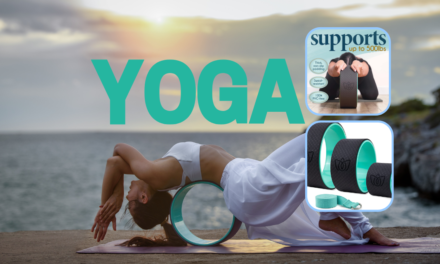











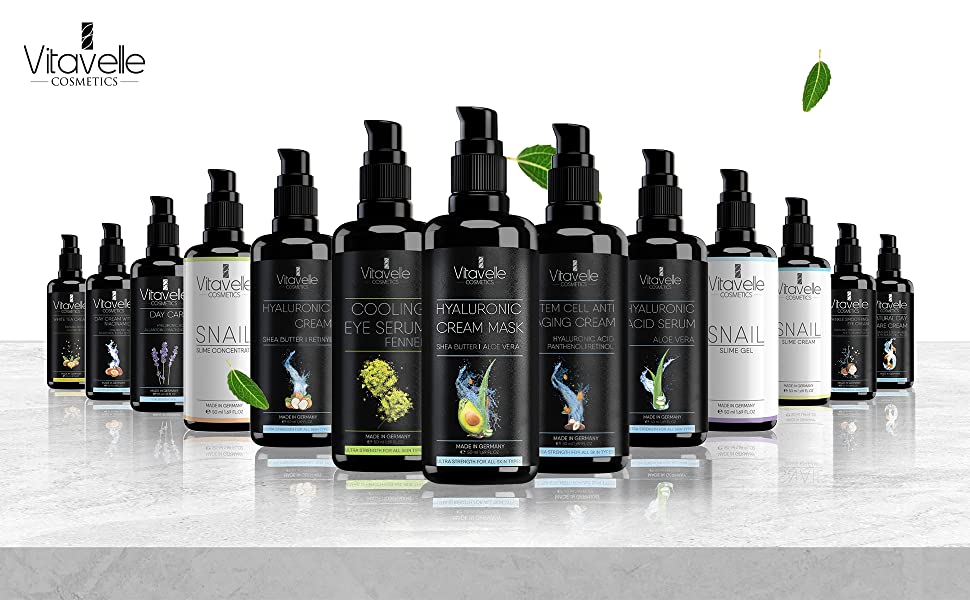
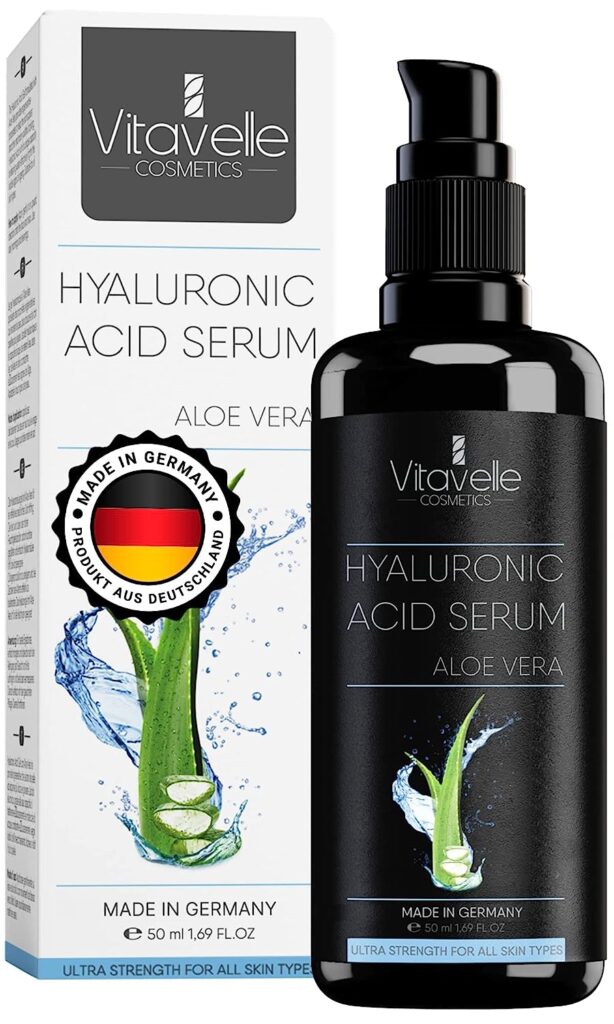


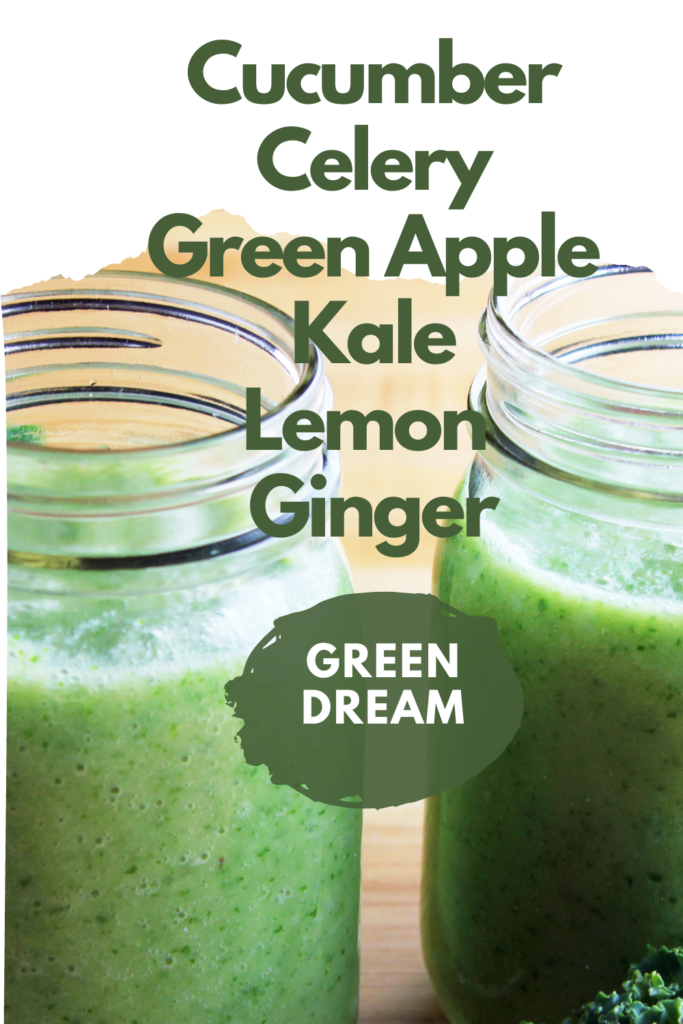


STAY IN THE LOOP....
Thank You, you have successfully subscribed